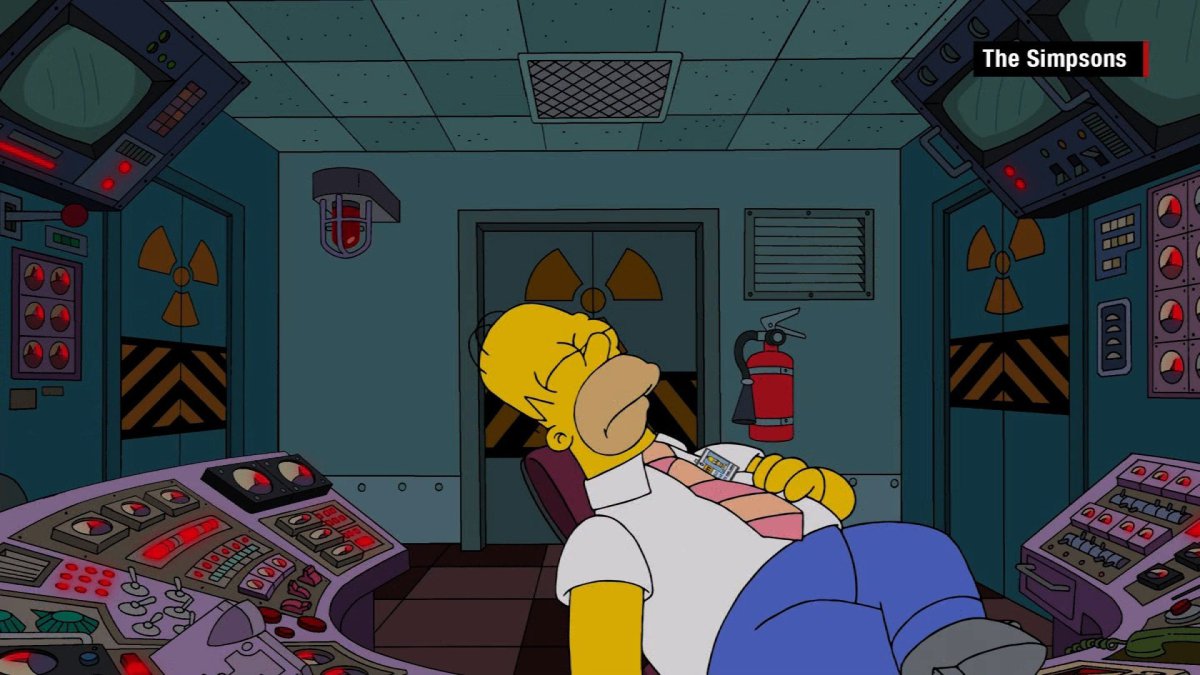It’s no secret that students are notorious for not getting enough sleep. Emma Purvis looks at student sleep and reveals some tricks you may not have thought of to ensure you catch those precious zzzzzs.
It is no secret that in most lectures there is usually one person slumped over the desk, head nestled in their arm, with a pen hanging limply in the other hand. At first, it is impossible to tell whether they are actually asleep or only ‘resting their eyes’, until they inevitably jolt themselves awake wearing an expression of utter confusion and disorientation. Unlike the other life lessons which you learn at university, the ability to balance sleeping, studying and socialising often remains an enigma right up until graduation. Out of the three, it comes as no surprise that generally sleep is not considered to be the top priority – especially during the onslaught of December deadlines. I asked thirty students how many hours sleep they got per night and the average of their responses came to just under six and a half hours; which is two hours less than what the National Sleep Foundation recommends. This culture of viewing sleep as a luxury and not a necessity will not change overnight, so in the meantime, quality not quantity is the best approach to take when it comes to sleeping.
One habit that most people are guilty of (myself included) is going to bed and scrolling through social media for hours on end, before finally looking at the time and questioning your life choices. It is not only the amount of sleep that this effects, but also the quality. Studies have shown that the artificial light emitted from screens is processed by our bodies as daylight. Since our brains think the sun is still up they delay total relaxation keeping you awake longer and decreasing deep sleep. Turning off all electronic devices half an hour before going to bed, which is easier said than done, will promote relaxation and should prevent that zombie-chic look in the morning.

As an alternative, reading a book is a great calming activity as it allows the consciousness to wind-down, as long as it is an actual book and not an electronic one – sorry to all you Kindle fans out there. Not only does reading induce sleep faster but it can also reduce stress levels by up to 68% according to a study by the University of Sussex. As someone who has depended on copious amounts of coffee, and has constantly panicked over essays for the last two weeks, this is one life hack I am definitely going to try. So whether Harry Potter is your book of choice, or perhaps Fifty Shades of Grey, try to put down the phone and flick through some paper pages instead.
In most cases, food choices have a greater impact on our lifestyle than we realise and sleep is no exception. Specific food choices can be the reason for tossing and turning all night and there are some very unlikely culprits. Staying away from stimulants such as coffee/energy drinks are obvious if you are planning on getting an early night, but some seemingly innocent foods contain more caffeine than they let on. Green tea is among the herbal drinks that people reach for before bed, but in reality one cup contains 50% of the caffeine found in coffee. The high sugar content in chocolate and the caffeine from cocoa beans turn that Dairy Milk bar from an indulgent midnight-snack into a fast-releasing energy bar.
Chinese cuisine could also factor towards a restless sleep because of the flavour enhancer MSG which is commonly put in the food. This additive is a potent stimulant which has been known to keep people awake for a substantial amount of time after consumption. If you do get the munchies a couple of hours before bed, opt for cherries (cherry juice is even better), or bananas, as these foods promote peaceful sleep.

The majority of students are no strangers to having naps as part of their daily routine – especially when lectures are scheduled before midday. However, napping disrupts your sleeping pattern and will most likely leave you feeling more sluggish than you did in the first place. Keeping naps to a maximum of twenty minutes is just enough to refresh the body without it going into sleep-mode, and should not interfere with actually going to bed later on in the night. Even simple things like making sure your room is completely dark and silent can be a massive help in getting to sleep; so if you live in an area where house parties are a regular occurrence, earplugs could be a great investment. If watching the clock at 3am to count how many hours sleep is left following hours of wriggling to find a comfy position sounds familiar, hopefully making a few of these changes can make those precious hours of sleep more effective.

